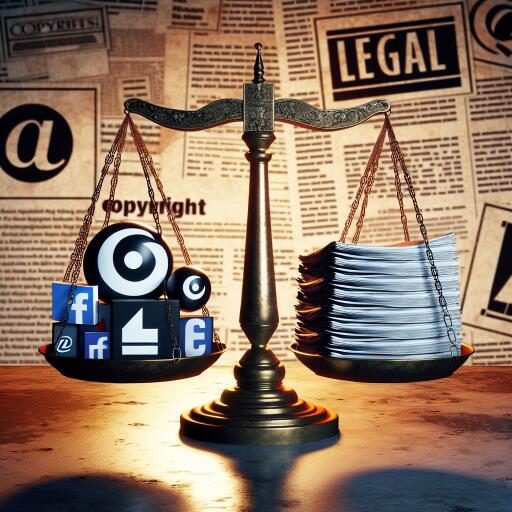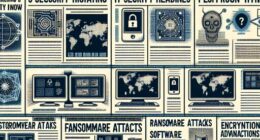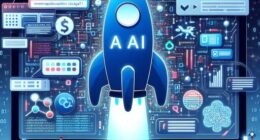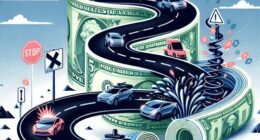Major Publishers File Lawsuit Against OpenAI and Microsoft Over Copyright Claims
In a landmark legal battle that could reshape the boundaries of copyright law and artificial intelligence, a group of prominent newspapers have levied a lawsuit against tech giants OpenAI and Microsoft. The newspapers, including high-profile names such as The New York Daily News, Chicago Tribune, Orlando Sentinel, Sun-Sentinel, Mercury News, Denver Post, Orange County Register, and St. Paul Pioneer Press, have taken a stand against what they perceive as unauthorized use of their journalistic content.
At the heart of the dispute is the accusation that OpenAI and Microsoft have appropriated “millions” of news articles to train their generative AI models, such as OpenAI’s ChatGPT and Microsoft’s Copilot, without obtaining permission. This training process, according to the plaintiffs, directly contributes to the commercial success of these AI systems.
The lawsuit criticizes the manner in which these companies harvest the collective labor of reporters, journalists, and editors. It argues that this practice not only disregards the considerable effort involved in producing news content but also overlooks the legal entitlements of the content creators and publishers. “The foundational work of local newspapers, crucial for community engagement and information, is being exploited for commercial gain without any acknowledgment or respect for the creators’ rights,” the lawsuit states.
Moreover, the contention extends to the operations of the AI models post-training. The newspapers assert that the generative AI deployed by both Microsoft and OpenAI can produce outputs that are either direct copies or slight modifications of their original content. This, they argue, not only breaches copyright but also affects their credibility. Furthermore, the newspapers are concerned about the phenomenon of “AI hallucinations” — instances where the AI generates false information. Such inaccuracies, they claim, have been wrongly attributed to them, thereby damaging their reputation and contributing to the spread of misinformation.
The lawsuit brings to light critical questions about the interplay between copyright laws and the rapidly evolving landscape of artificial intelligence. It challenges the extent to which AI developers can use existing copyrighted materials to train their models and the potential consequences of AI-generated content that mirrors or alters copyrighted material.
This legal challenge marks a significant moment in the ongoing dialogue regarding AI and copyright law. The outcome could have far-reaching implications for how AI technologies are developed and utilized in the future, particularly in how they intersect with the original works of human creators.
As the case progresses, it will undoubtedly spark a broader discussion on the balance between technological innovation and the protection of intellectual property. Stakeholders from various sectors — including technology, media, and law — will be watching closely to see how this pivotal case unfolds.









